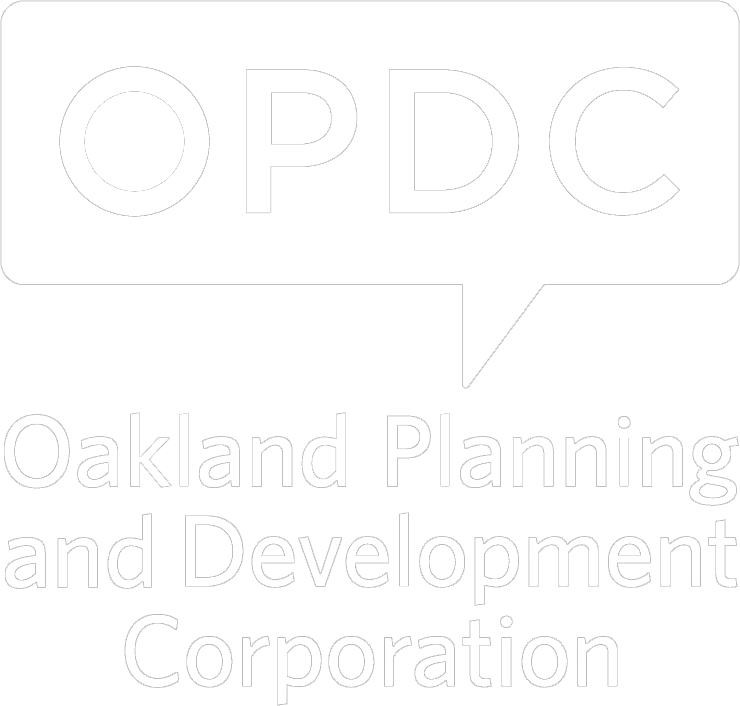When many Pittsburghers think Oakland, they think about student rental – and often the worst aspects of student rental, which include overcrowding, poor trash containment, inadequate maintenance, and questionable safety. There is plenty of rental housing in Oakland that does not fit that description, of course, but these problems are notorious. For decades, Oakland residents have been advocating for better tools for code enforcement and communication with landlords – and finally, one of those tools has arrived.
City Council passed the revised rental registration ordinance in November of 2021, and the Department of Permits, Licenses and Inspections (PLI) will begin enforcing it starting May 29, 2022. At the Oakwatch meeting on March 16, Sarah Kinter, Director of PLI, explained what the new rental registration rules mean for renters, rental owners, and community members alike. (Check out the full meeting minutes here.)
Some key aspects of the ordinance:
By December 31, 2022, no one may legally allow a rental unit in the City of Pittsburgh to be occupied without obtaining a permit from PLI. Permitting involves an inspection of the rental property and payment of a fee. There are exceptions only for owner-occupied dwellings – which in Oakland would include only legal two-unit properties, one unit of which is occupied by the property owner. Right now, accessory dwelling units are not legal in Oakland.
Permits will require contact information for the owners, responsible local agents, and property managers of each rental property.
Every multi-unit property must also provide a valid occupancy permit. Single-family houses are exempt, but by definition, a single-family house could not legally contain more than one dwelling unit.
Structures built before 1978 also will be subject to a lead dust wipe inspection.
Every permitted unit will have to pass a PLI inspection. Initial inspections are good for three years; after that, inspections may be required only once every five years provided the property has earned acceptable ratings on every inspection item.
If a landlord fails to register their property by the December 31 deadline, PLI is authorized to issue a warning and then register a complaint with the local magistrate. PLI is relying on public complaints from community members to identify rentals that aren’t registered.
Rental registration and inspection data will be public information, viewable on Civic Central, which is currently where building licenses and permits are found. PLI will also give its data monthly to the Western PA Regional Data Center.
The law includes a terrific innovation: PLI will offer permit applicants the opportunity to attend the Good Landlord Academy, a training program that explains the rental registration inspections program, relevant governmental resources, and enforcement. Registrants who have successfully completed the training and passed the evaluation will be eligible to cut their rental registration unit fee in half for the upcoming registration year.
What does this mean for the future of Oakland’s rental market? For starters, communicating with Oakland’s landlords – and their tenants! – will be much, much easier; and that will make code enforcement and landlord-tenant disputes easier to navigate. If the law works as it’s intended to, inspections and occupancy permit requirements should ensure Oakland rental properties are safe, and will reduce over-occupancy. But we don’t want to get ahead of ourselves! For now, rental registration is a promising first step in improving the lives of Oakland’s tenants, and improving the quality of life for all Oakland’s residents.
